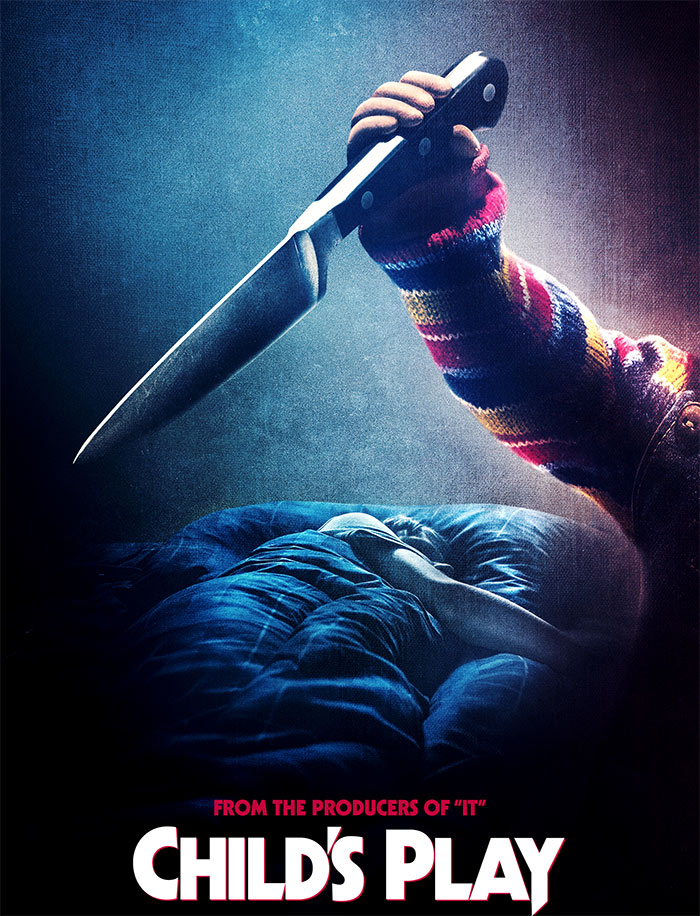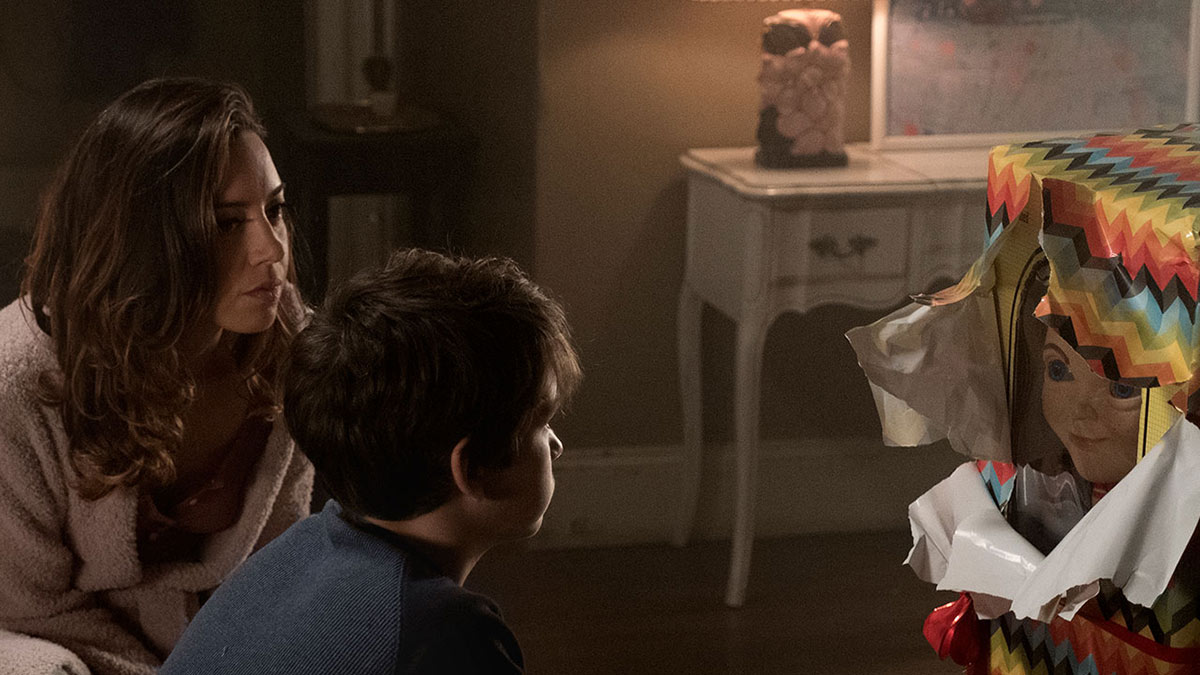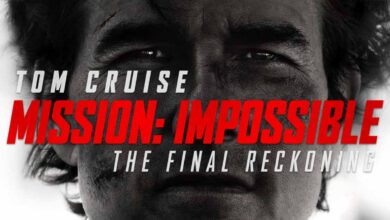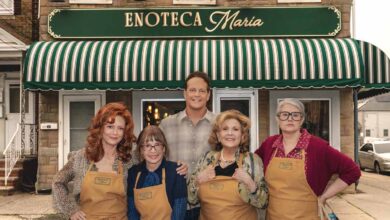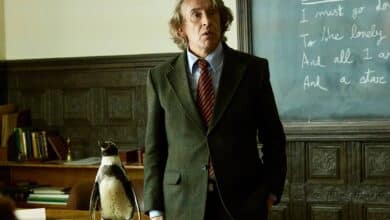We talk to Aubrey Plaza & the cast of Child’s Play (2019)
We caught up with Aubrey Plaza, Gabriel Bateman and the Direcor and Writer to talk Child’s Play (2019). They gave us insight into fighting with evil dolls, being a good horror mom and the prank war that Aubrey lost. We also took some time to talk to Aubrey about season three of Legion on FX that premieres soon.
Director Lars Klevberg gives us insight in shooting something as small as an evil doll and writer Tyler Burton Smith discussed evil things when they are much smaller..
Story: After moving to a new city, young Andy Barclay receives a special present from his mother — a seemingly innocent Buddi doll that becomes his best friend. When the doll suddenly takes on a life of its own, Andy unites with other neighborhood children to stop the sinister toy from wreaking bloody havoc.
